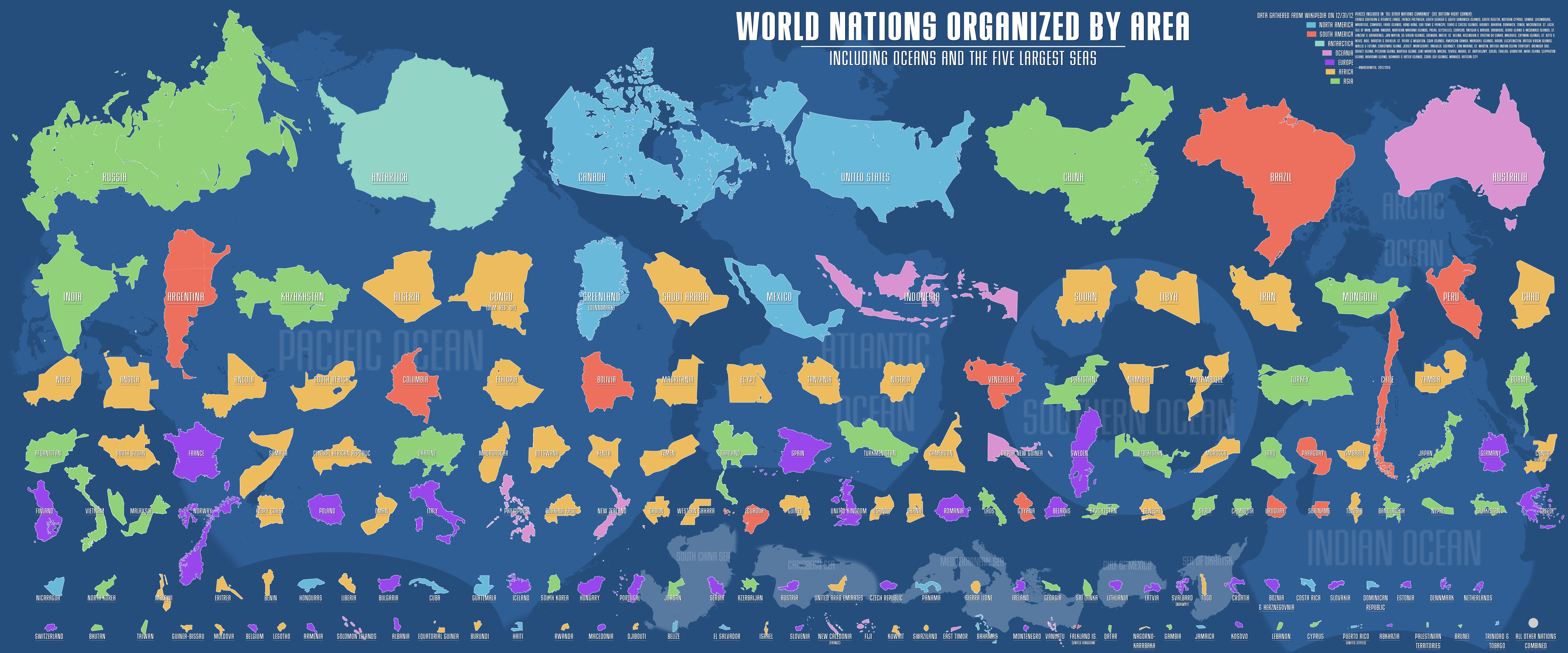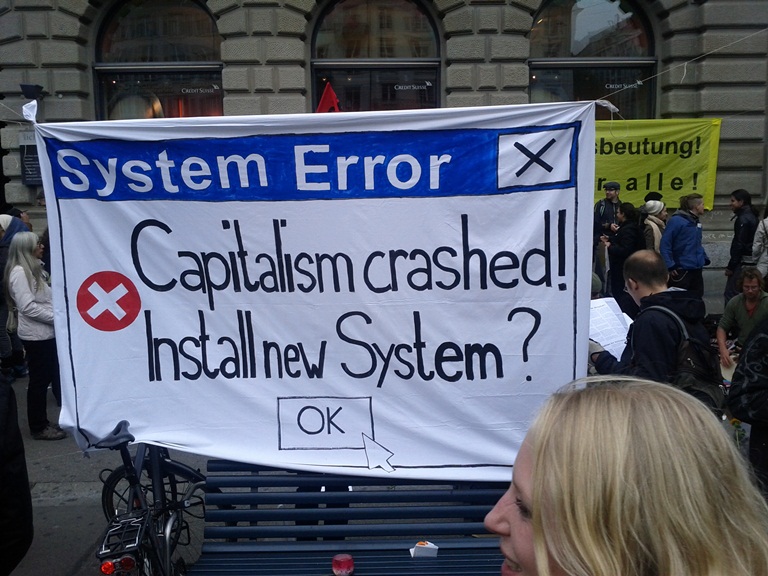It took a while, but I’ve finished it now.
I was a bit previous in my earlier judgement. Schneier has realized there are moral aspects to the question of trust.
Nevertheless, I’m still rather disappointed in the book. There are a few penetrating insights and provocative assertions:
- Defectors are endemic to all complex systems (p. 32)
- Perhaps Mother Teresa wasn’t really altruistic; she expected her reward in Heaven (p. 34)
- We have the ability to decide whether to be prosocial or not, and most of us, most of the time, decide positively (p. 35)
- But while our cultures evolved, our brains did not. (p. 41) – Who says?
- all of these are vestigial remnants of prehistoric kin recognition mechanisms (p. 92) – It’s amazing what one has to believe if one has no God!
- Investment managers who sold the toxic securities were the ones who got the big bonuses (p. 172)
- bad products drive out good products (p. 184)
- society needs more security, to further reduce the amount of defection, in order to keep the potential damage constant (p. 189)
But it could all have been said much more briefly. What all the tediously repetitive arguments and societal dilemma tables come down to, is that ‘natural’ mechanisms for ensuring trust in a community don’t scale adequately to the present globally networked world. Four societal pressure systems are needed: moral, reputational, institutional, and security systems. And the ‘defectors’ – who have a certain valid raison d’être, since they are the ones who challenge traditions and thus facilitate progress – will always try and usually succeed to outwit those who implement the institutional structures and security systems.
There’s no real conclusion. And, coming from a widely acclaimed ICT security specialist, there’s precious little mention of technological approaches or solutions.
 tattoos. She introduced me to her partner – equally tattooed, equally smoking. In his free time he’s a DJ at a seedy nightclub. He was offering guests Red Bulls with vodka. I helped myself to tiramisu and found a seat. At the end of the table sat a person of undefined gender, equipped with a massive German Shepherd dog. A seven-year-old girl with a coy look revealed her underwear as she pranced around and fluttered seductive eyelashes at the menfolk. Continue reading “Battling Prejudice”
tattoos. She introduced me to her partner – equally tattooed, equally smoking. In his free time he’s a DJ at a seedy nightclub. He was offering guests Red Bulls with vodka. I helped myself to tiramisu and found a seat. At the end of the table sat a person of undefined gender, equipped with a massive German Shepherd dog. A seven-year-old girl with a coy look revealed her underwear as she pranced around and fluttered seductive eyelashes at the menfolk. Continue reading “Battling Prejudice”




 Mir wurde einen neuen Spitznamen verliehen: Hard-Core Övi. Weil ich heute trotz reichlichem Schneefall mit dem ÖV ziemlich pünktlich ins Büro angekommen bin.
Mir wurde einen neuen Spitznamen verliehen: Hard-Core Övi. Weil ich heute trotz reichlichem Schneefall mit dem ÖV ziemlich pünktlich ins Büro angekommen bin.